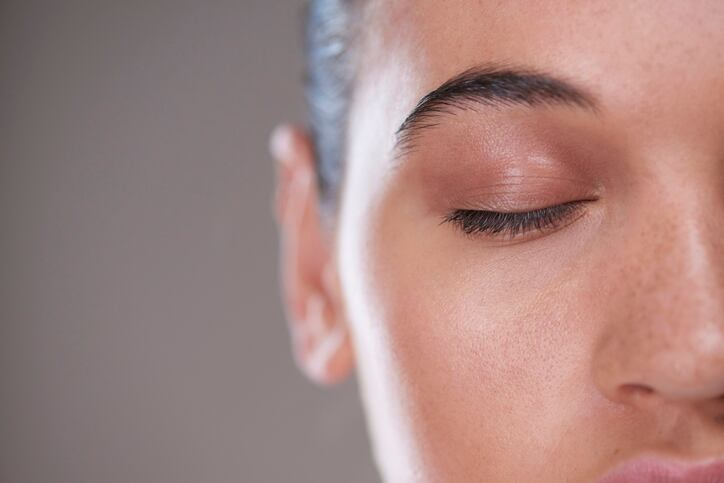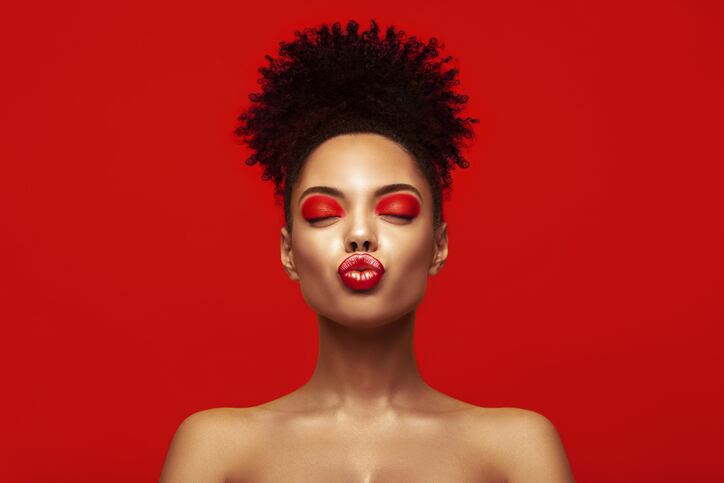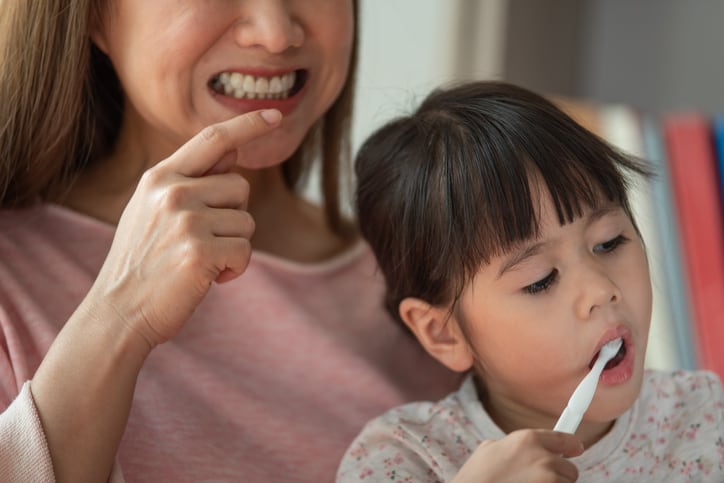The European-headquartered consumer goods giant tallied up net sales of €13.5bn for the second quarter (Q2) of 2021, up 1.2% on the previous year. Unilever’s largest division beauty and personal care generated net sales of €5.36bn, up 0.9% on the previous year, whilst home care turnover dipped 1.6% and foods and refreshment net sales rose 2.9%.
Total net sales for the first half (H1) of 2021 totted up at €25.79bn, up 0.3% on the previous year with net profit sitting at €3.39bn – slightly down on H1 2020.
Globally, Europe reported the strongest rise in turnover for Q2, up 4.5% versus a 0.1% rise in the Americas and 0.3% rise in Asia, Africa, Middle East, Turkey, Russia, Ukraine and Belarus.
Unilever’s total underlying sales growth [turnover growth excluding acquisitions, disposals, changes in currency and price growth] for Q2 was up 5% and up 5.4% for H1 2021.
‘Making good progress’ in high-growth spaces, particularly prestige
Alan Jope, CEO of Unilever, described it as a “strong first half” for the company.
“We are making good progress against strategic choices outlined earlier this year, including the development of our portfolio into high growth spaces,” Jope said.
The company’s prestige beauty and functional nutrition divisions in particular had seen strong growth, he said, with the former bolstered by the recent acquisition of “digitally native skin care brand” Paula’s Choice.
“Competitive growth is our priority, and we are confident that we will deliver underlying sales growth in 2021 well within our multi-year framework of 3-5%, despite more challenging comparators in the second half,” Jope said, including “further cost inflation” and continued “cost volatility”.
Unilever said global markets overall remained volatile as “restrictions on daily life” continued around the world, impacting retail channel dynamics, sales and consumer behaviour.
Beauty and personal care strength and ‘renaissance’ set to come
Underlying sales in Unilever’s beauty and personal care division for Q2 grew 3.3% – 1.8% volume and 1.4% price – helped by increased personal care consumption occasions as living restrictions eased in some markets.
Skin care performed particularly well, growing double-digits, though skin cleansing declined. Hair care grew mid-single digits and deodorants returned to growth. Unilever’s prestige beauty brands all reported double-digit growth for Q2, helped by higher in-store footfall, the company said.
Commenting on the results, Carmen Bryan, consumer analyst at GlobalData, said Unilever’s beauty and personal care division was “reaping the benefits” of continued investments and brand development that aligned well with key consumer trends, as well as a consumer uptick in category engagement post-COVID that was set to continue.
“Beauty and personal care in particular is set to pick up quickly, as people want to look their best, whether it’s for a night on the town or heading back to the office. We’re going to see a renaissance in makeup and cosmetics. However, that’s not to say that interest in skin care will die down,” Bryan said.
“…It’s interesting to see Unilever’s focus on digital-first brands, such as Paula’s Choice, developing its presence in the high-growth premium skin care segment and leveraging the explosive online beauty trends.”
Bryan said Unilever had “truly succeeded” in recognising which 2020 emerging trends had staying power and had played to those strengths. “If the company can continue to do this, it may see smooth sailing through the rest of the 2021 storm,” she said, including rising commodity prices, supply chain disruptions and the deceleration of e-commerce as stores reopened.



